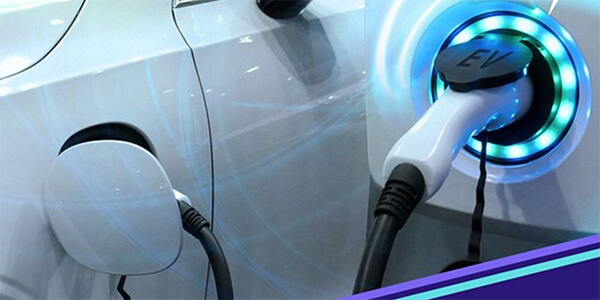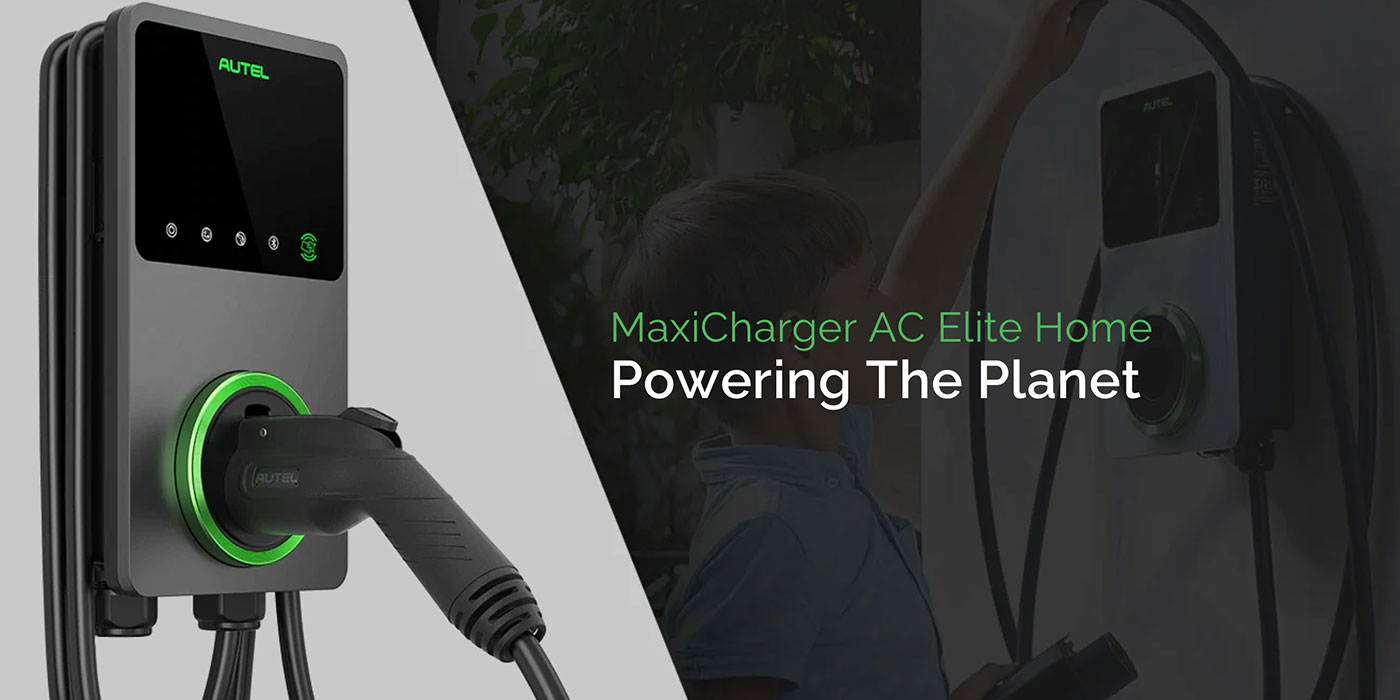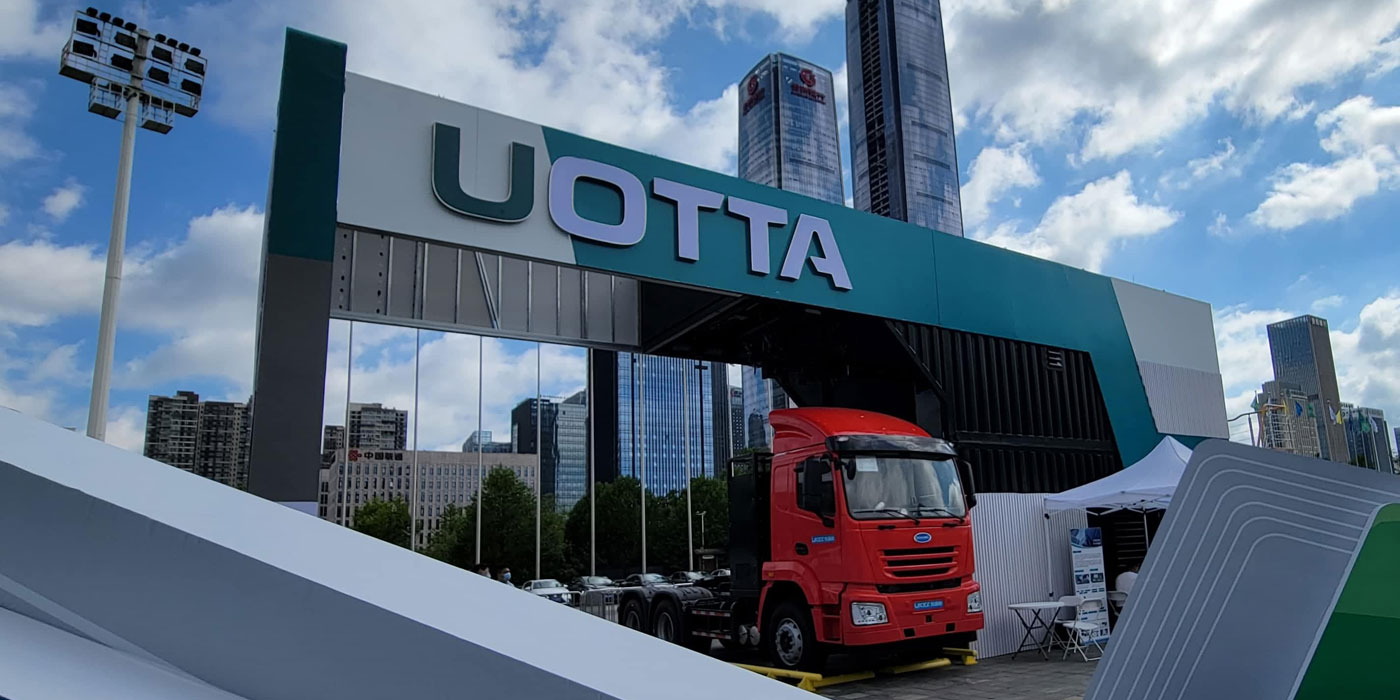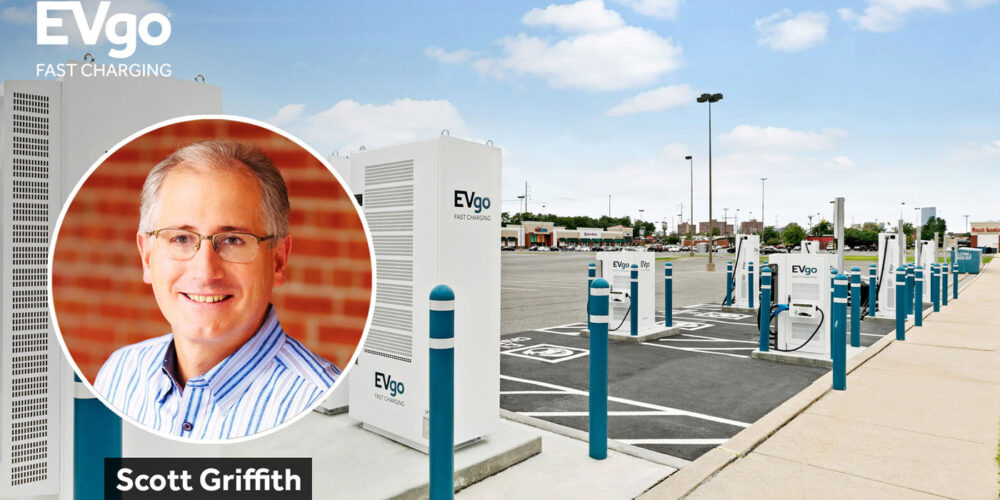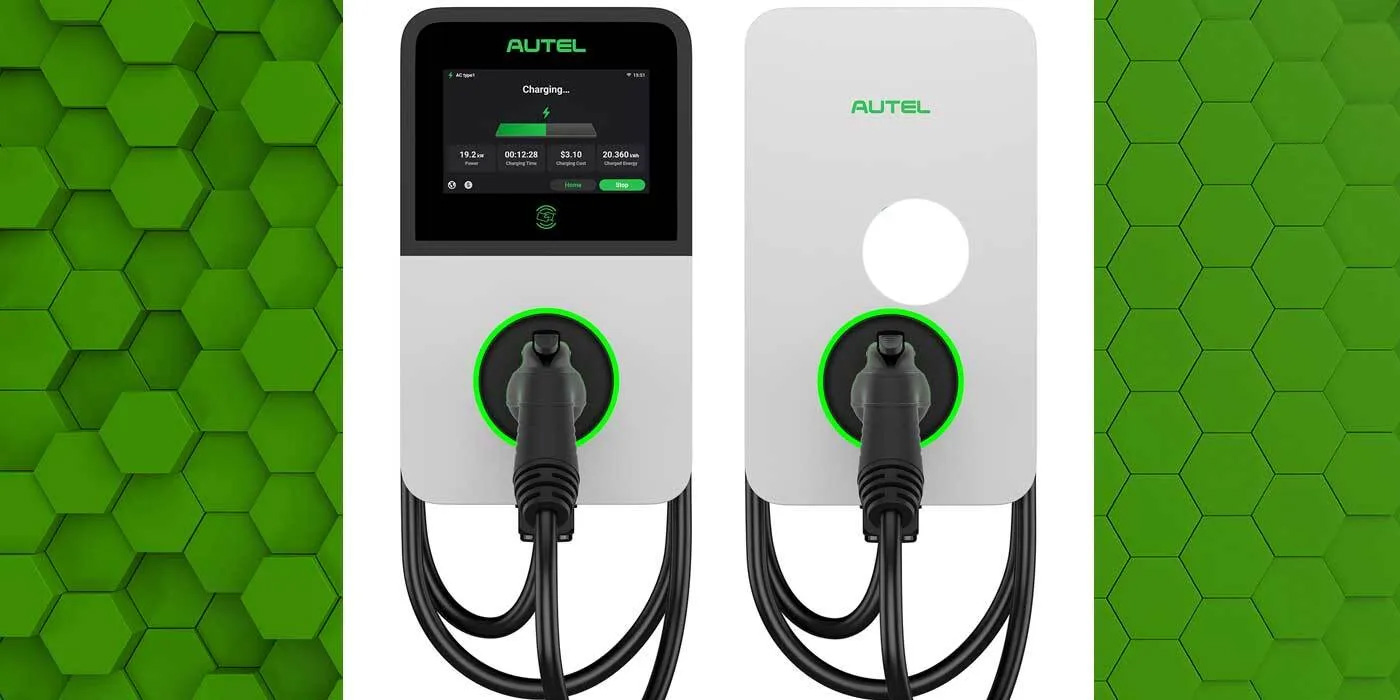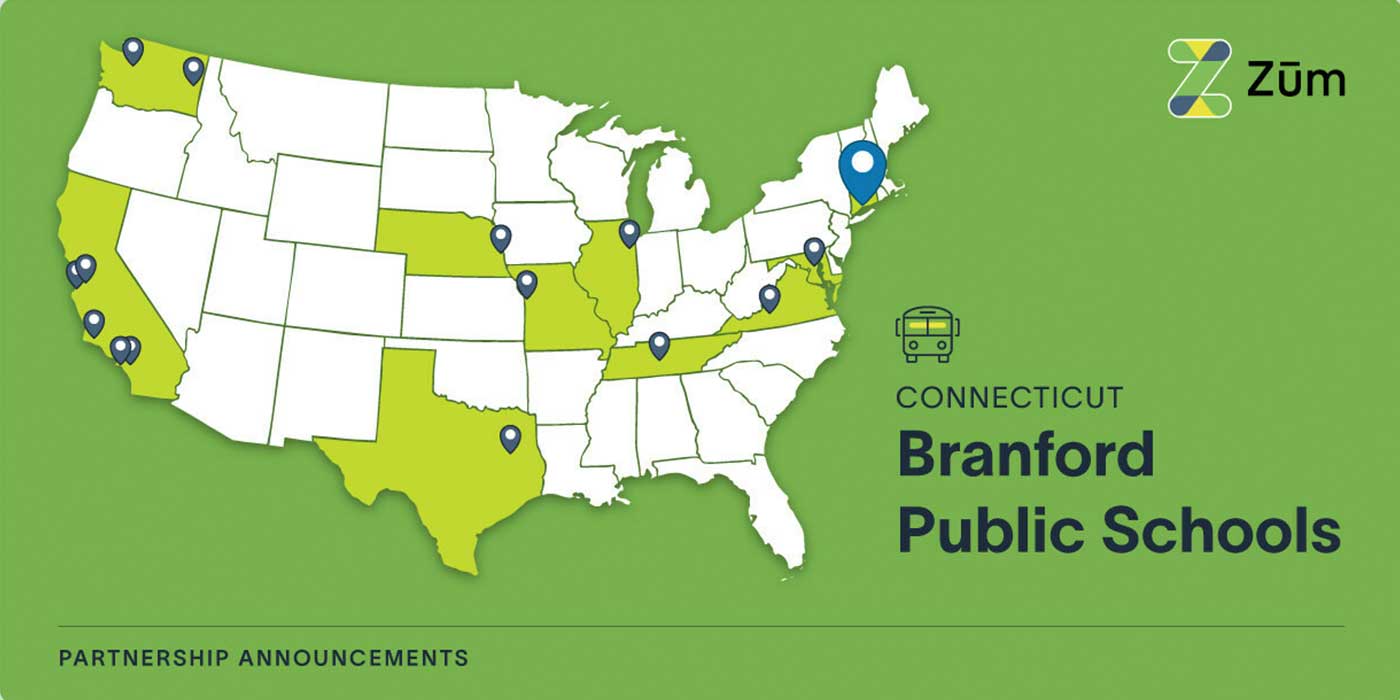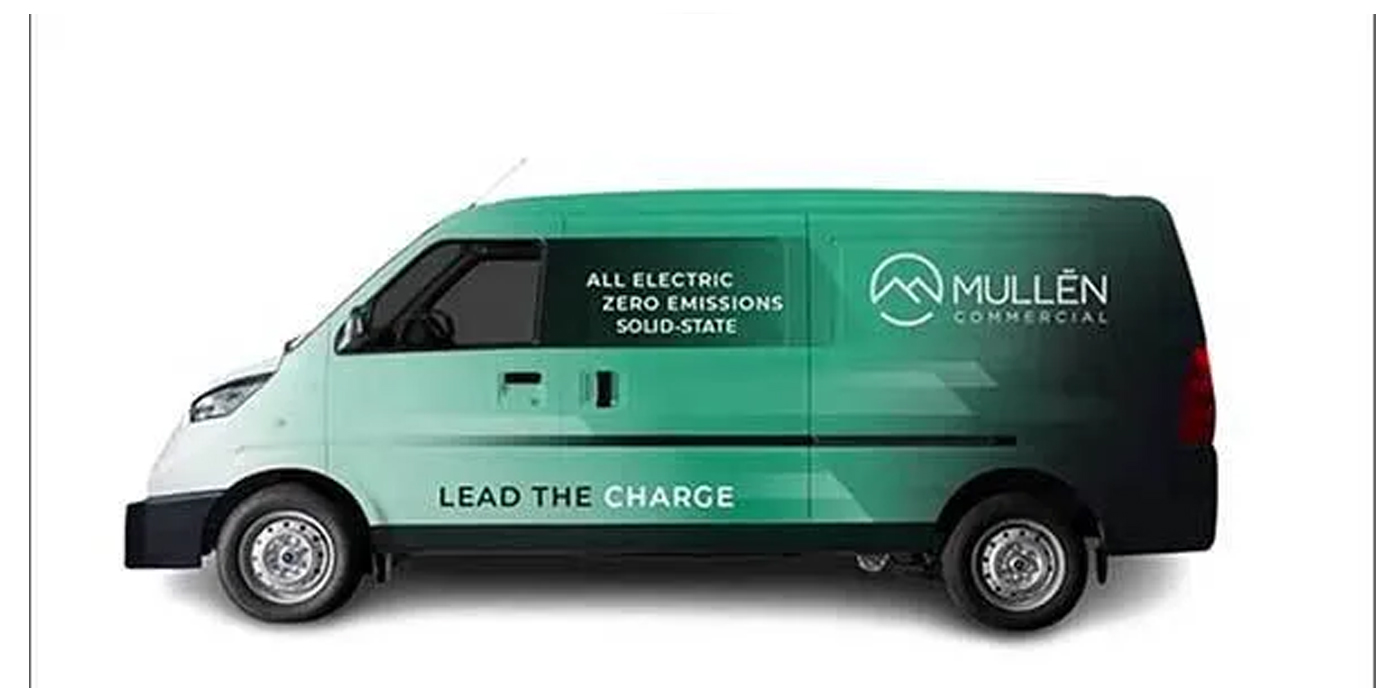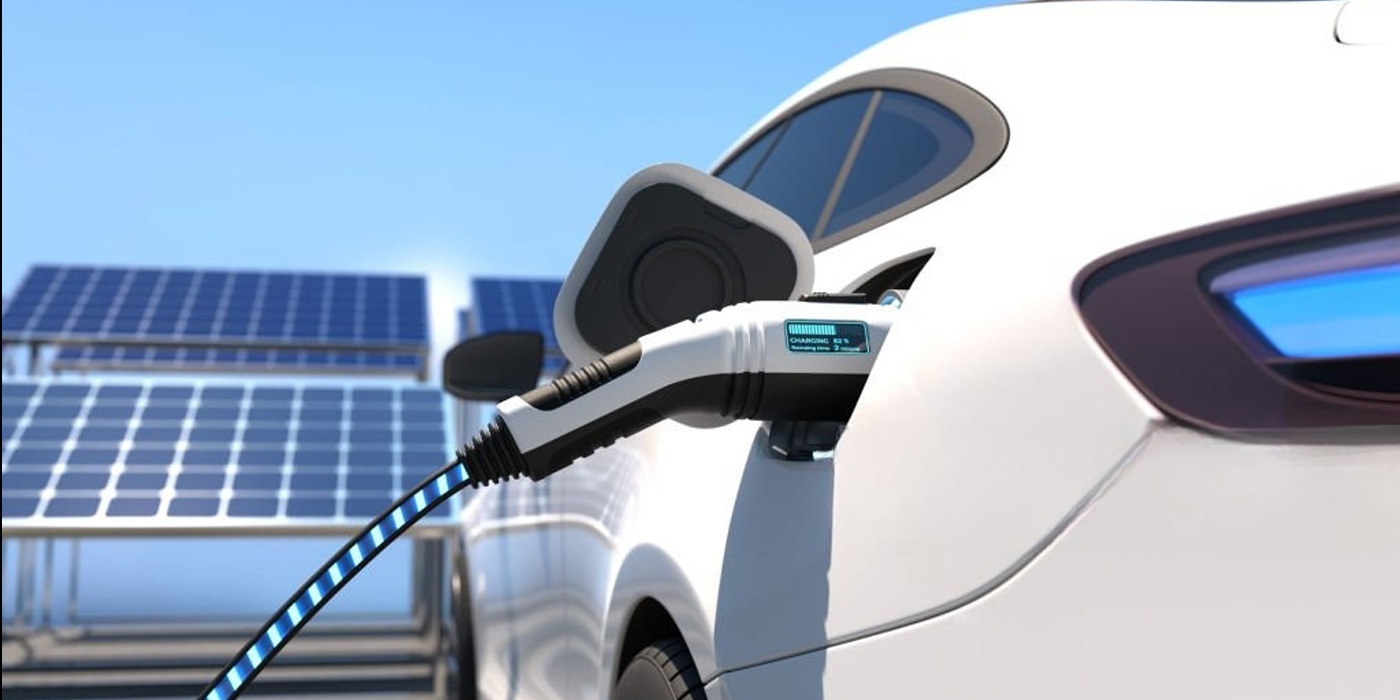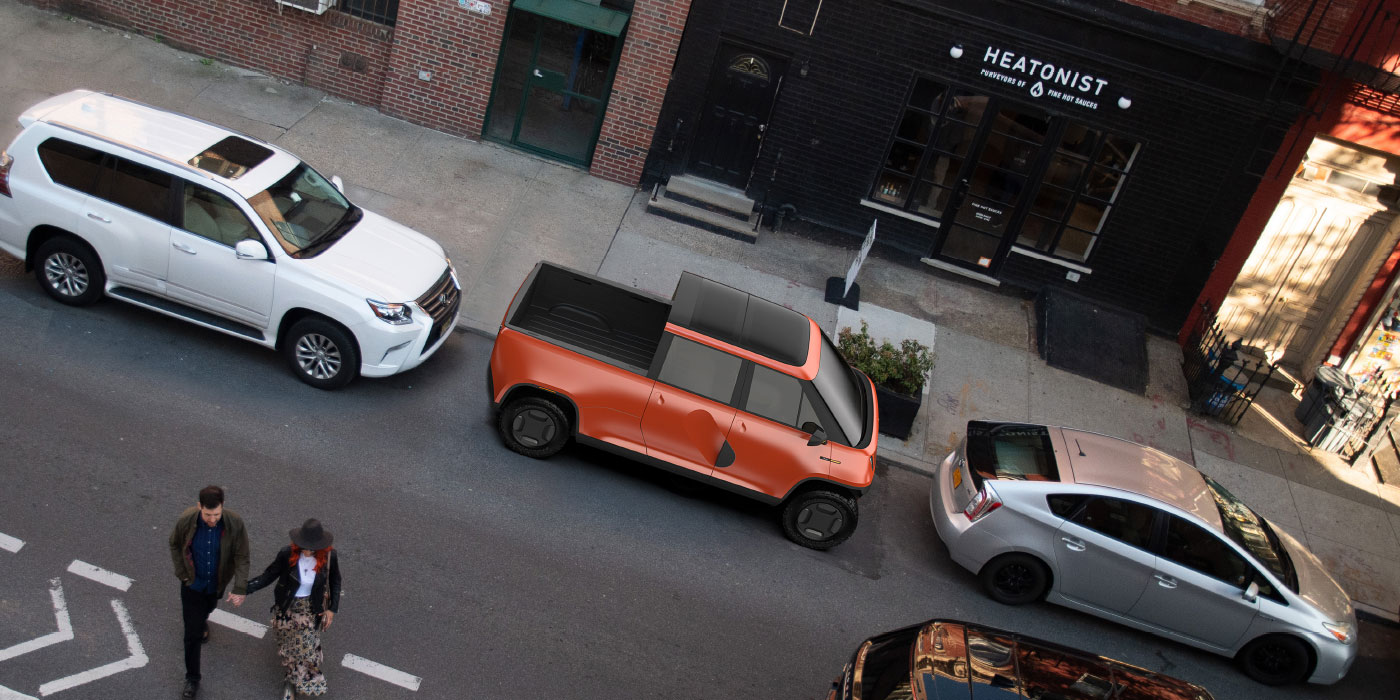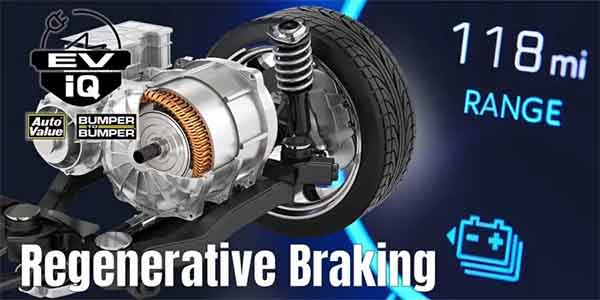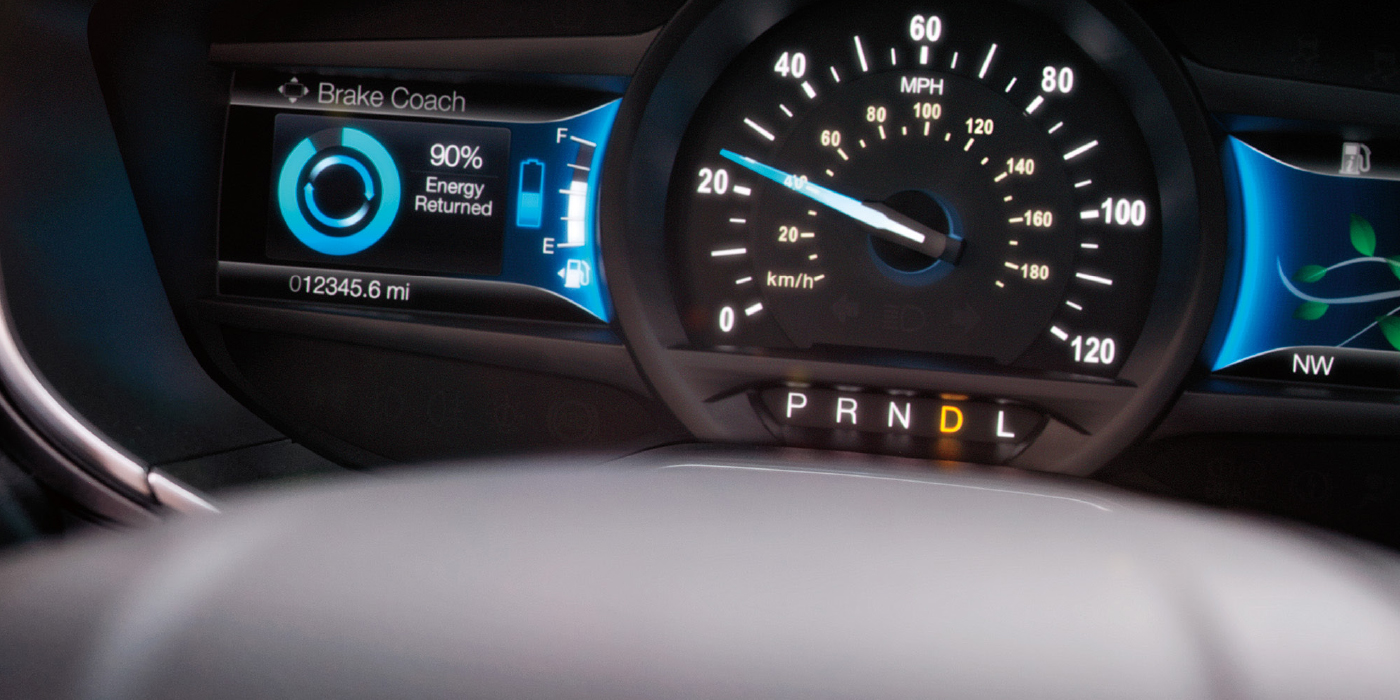The Biden-Harris Administration has allocated $623 million in grants to expand the electric vehicle (EV) charging infrastructure across the United States. This move is a part of the administration’s broader goal to construct a reliable, affordable and domestically produced network of EV chargers. The plan includes the installation of at least 500,000 public chargers by 2030.
Since President Biden took office, there has been an increase in EV sales, which have more than quadrupled. The number of available charging ports has also grown by nearly 70 percent, and over 4 million EVs are currently in use on American roads, the Biden administration said. These developments have been fueled by private sector investments exceeding $155 billion in the EV and battery supply chain.
The $623 million in grants are funded by the Bipartisan Infrastructure Law’s $2.5 billion Charging and Fueling Infrastructure (CFI) Discretionary Grant Program. This program will support 47 projects in 22 states and Puerto Rico, aiming to construct about 7,500 EV charging ports. It works in tandem with the $5 billion National Electric Vehicle Infrastructure (NEVI) formula program, which focuses on building high-speed EV chargers along national highways. Recent achievements under the NEVI program include the opening of new charging stations in Ohio and New York, and groundbreaking in states like Pennsylvania and Maine.
U.S. Transportation Secretary Pete Buttigieg highlighted the administration’s commitment to leading the EV revolution, emphasizing the creation of jobs and the provision of accessible and reliable EV chargers for Americans. The Federal Highway Administration is directing $311 million of the funding to 36 community projects, including initiatives by two Indian Tribes in Alaska and Arizona. These projects will enhance EV charging and hydrogen fueling infrastructure in various settings, such as schools, parks, libraries, and multi-family housing. An additional $312 million will be allocated to 11 corridor projects situated along designated Alternative Fuel Corridors, helping to fill gaps in the national charging and alternative-fueling network.
The CFI Program aligns with President Biden’s Justice40 Initiative, ensuring that 40% of the benefits from federal investments reach disadvantaged communities. More than 70% of the CFI funding is dedicated to projects in such areas, the administration said. Notable projects funded by these grants include a $10 million initiative in New Jersey to build EV charging stations in disadvantaged communities and rural areas, a $15 million project in Maryland to construct 87 electric vehicle charging stations, and a $70 million investment in Texas for hydrogen fueling stations. All EV chargers built with CFI funds are required to meet the same standards as those funded by NEVI, including “made in America” requirements and adherence to workforce standards. For more details on the grant recipients and the administration’s investments in EVs, visit the Federal Highway Administration’s website and DriveElectric.gov. Further information about the Justice40 Initiative is also available.

